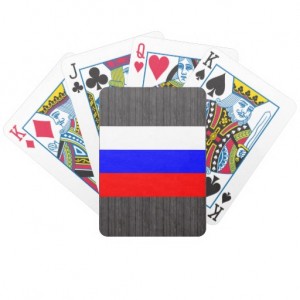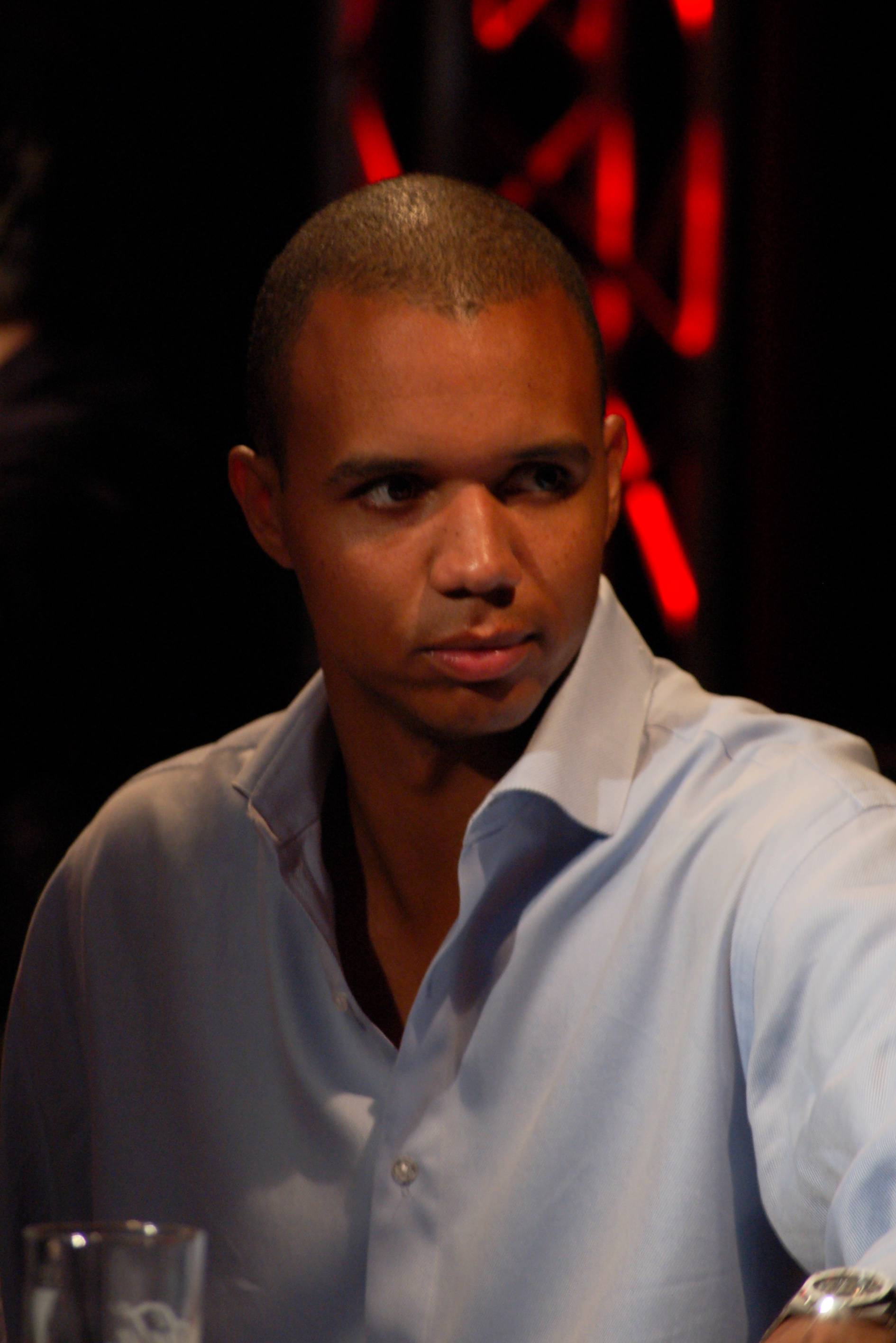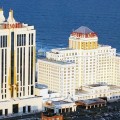
Russia Considers Legalizing Online Poker

A regulated Russian online poker market could increase state tax revenues by $145 million annually, analysts believe. (Image: zazzle.com)
In what may seem like a somewhat surprising turn of events, new reports are emerging that the Russian government is now being swayed by the arguments for online poker legalization.
Russia may consider legalizing online poker, according to the Russian Legal Information Agency (RAPSI), a bilingual legal affairs news portal. RAPSI’s information comes from an article in Russian daily politics newspaper Kommersant, which claims that the Russian First Deputy Prime Minister Igor Shuvalov has instructed the Ministry for Economic Development and the Ministry of Justice to prepare a report on the viability of such a project by July 21st.
It appears that the government is responding to a request from Russian “Poker Union” president Kakha Kakhiani to look into the issue, and had found his arguments compelling. Kakhiani confirmed that he was able to outline the potential fiscal revenue legalization would bring to government coffers, as well as highlighting the success Russian poker players have enjoyed on the international stage.
2007: Poker Declared a Sport
A regulated online poker market in Russia could potentially bring 2 to 3 billion rubles ($58 million to $87.5 million) to the state’s budget per year, according to some experts; a figure that could potentially grow to exceed 5 billion rubles ($145 million) over time.
The former figure is based on an estimate of 1 to 1.5 billion rubles levied as a tax on operators, with the same amount derived from the players’ income tax.
Whether those numbers hold water or not, a move towards legalization would put the country’s leaders in step with public opinion. A poll conducted in October 2013 by the Russian Public Opinion Research Center found that 52 percent Russians said that people should have the right to play poker if they want to, while just 24 percent disagreed. Meanwhile, 42 percent agreed that poker is an intellectual game, while 25 percent disagreed.
While online poker is currently illegal in Russia, the country had a liberal attitude to the game until relatively recently. In 2007, the Federal Sports Agency declared poker to be a sport, a ruling that was rescinded in 2009 by the Ministry of Sports, because many of the poker clubs operating in the county were revealed under investigation to actually be illegal casinos.
2009 Anti-Gambling Crackdown
In the same year, Russia banned gambling, which now included poker, in most parts of the country, as part of an authoritarian “anti-vice” crackdown, which also sought to curb smoking and underage drinking. In the process, the government created four legal “gambling zones,” based in the relatively remote areas of the country, away from big cities.
In recent months, Russia has moved to block Internet gambling in the country, following a Supreme Court ruling that made ISPs responsible for sites that were illegally offering Internet gambling to its citizens. The prosecutor’s office recently compiled a list of around 50 companies that it wanted service providers to block, including PokerStars, PartyPoker, Carbon Poker, Ladbrokes and SportingBet. It’s likely that, were Russia to legalize online poker, it would adopt a monopolistic model, rather than an open market, which would further fuel its desire to combat foreign operators.















0 Comments